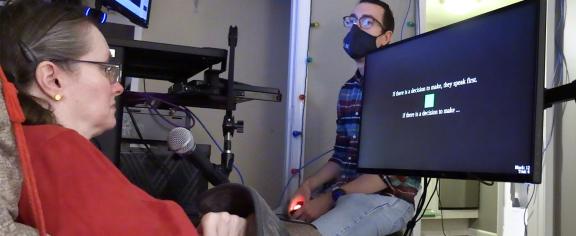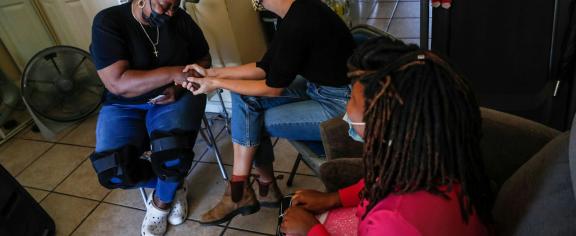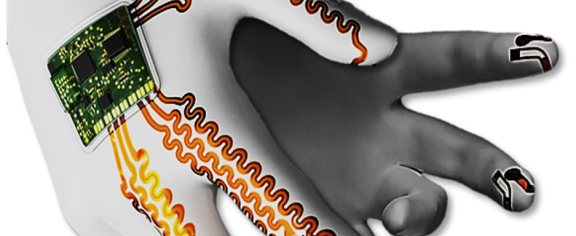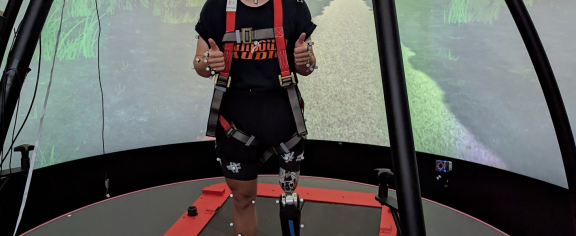2026-01-28
Biomedical engineer Chethan Pandarinath collaborates with neurosurgeons and scientists across the country in a massive project to help patients with ALS or stroke damage reconnect with the world.
2026-01-08
By studying the way social forces shape health inequalities, medical sociology helps address how health and illness extend beyond the body and into every aspect of people’s lives.
2025-12-16
Studying how mice see has helped researchers discover unprecedented details about how individual brain cells communicate and work together to create a mental picture of the visual world.
2025-11-24
By uniting expertise and resources, Georgia’s leading institutions are creating practical solutions to improve health outcomes across the state.
2025-10-27
AI-powered artificial muscles made from pliable materials are reshaping recovery, from stroke rehabilitation to prosthetic design. These machines help people regain motion, strength, and confidence.
2025-10-23
Researchers analyzed data from 10, yurt-like test chambers in a natural boreal spruce bog in northern Minnesota.
2025-10-13
Research uncovered 122 cases of limb loss across 58 lizard species and revealed that these “three-legged pirates” – the rare survivors of traumatic injuries – can run just as fast, maintain healthy body weight, reproduce successfully and live surprisingly
2025-10-15
The award will support Stroud as he creates evolution’s first high-definition map — with the help of 1,000 backpack-wearing lizards.
2025-10-16
Two years into a $49.5 million cancer-mapping project, researchers are opening the door to new kinds of tests that could alert doctors to multiple kinds of cancer when they’re most treatable.
2025-09-30
Born with a congenital limb disorder, Wallace wants to use his own experience to develop new prosthetics.









